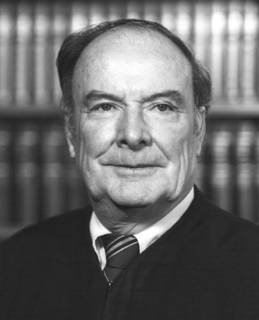Never again

I'm veering far away here from the usual public defender angst and foibles; next time I promise I'll write about something I know about. For now, though, my heart is full, as they say. Yesterday CBC carried live coverage of the Auschwitz observance, and last night showed a musical memorial film filmed within the concentration camp.
Here is a playlist.
Without phony uplift or sentimentality, it broke my heart. Have you ever heard, or heard of, the music of Viktor Ullmann? The bastards murdered him in Auschwitz. Before that, the U.S. government denied him a visa as he tried to escape. The program featured excerpts from his opera, The Emperor of Atlantis, written in the Terezin camp. In the opera, Emperor Überall has declared a total and unending war of all against all, so Death has decided to go on strike. I'd never heard this before, so wrenching, sorrowful, troubling and gorgeous at once:
Come, Death, our worthy, honoured guest, into our hearts descending.
Lift all life's burdens from our breast; lead us to rest, our sorrows ending.
Make us prize all human worth; to other lives awaken.
Let this commandment be our truth;
The great and sovereign name of Death must not be lightly taken!
Words fail. Other pieces I'd heard before, but never in such context. The soprano solo from the second movement of the Gorecki Third Symphony poured the grief and hope of the "Zdrowas Mario" into the snow falling outside a barracks door. The "Europe" section of Steve Reich's Different Trains gained gravity and urgency from the players' surroundings and the images of rails leading into the camp.
I've never been to Oświęcim. I have been to Salaspils and Ponary (Paneriai), and heard the trains and train whistles still passing right nearby, shades and echoes of other trains, to the camps and the killing fields, or to Siberia and the Gulag. And of course I've been in Bosnia and Herzegovina, long after we all congratulated ourselves and proclaimed, Never Again. "Never again is what you swore the time before," as the song says.
Steve Reich began Different Trains by recalling journeys he took by train as a kid in America during the 1940s. The second movement imagines the very different trains he might have found himself on had he been living in Europe at that time. I think of my roots: had my people not left generations ago, would my family have been among the tormenters and murderers? Had I lived then and there, can I be so sure that I would have acted justly? Or is it just as easy to imagine myself not objecting, or even participating, proclaiming my client's guilt in a show trial perhaps, or writing banal, evil little memoranda justifying the torture of my country's enemies? As Mark Mazower lays out in Dark Continent: Europe's Twentieth Century, at the beginning of the war it was by no means clear that good was going to triumph, so why not be on the side that's winning?
So thank G d our side liberated Auschwitz, even if it was the Red Army that did it. It was a sad and haunting commemoration, and I truly hope that the dignitaries were paying attention, even if one couldn't be bothered to dress respectfully for the occasion:
(I shouldn't be surprised that the man chose personal coziness over moral obligation; it wouldn't've been the first time.)
Sadly, the fight against the devil doesn't transform us into angels. Taking or claiming to take the side of good in the fight against evil doesn't excuse indifference to the suffering of others. Respect must be paid, to the living and dead. I need, we need, I think, to remain attentive to our own fallen-ness and our own capacity for making the same mistakes and choices that "good Germans" made, and for doing evil while telling ourselves we're doing good.
In the words of functionaries and yes-men so cavalierly justifying torture in the name of heimat- oder staat- sicherheit - homeland- or state- security, it's not so very hard to envision the beginnings of the Lucifer-like conceit that lead to the Wannsee conference, to the Stasi, to the Gulag, to Auschwitz. They must not be lightly taken.





